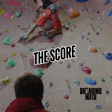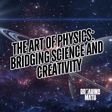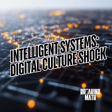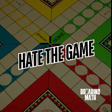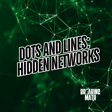
The Intentional Engineer (with Jeff Perry)
In this conversation, Gabriel and Autumn interview Jeff Perry, a career coach and author of the book 'The Intentional Engineer'. They discuss the importance of being intentional in one's career, understanding one's passions and skills, and building a strong professional network. Jeff shares his journey from being an engineer to becoming an engineer coach and offers advice on how to navigate career transitions. They also explore the concept of 'genius zones' and how to identify and leverage one's unique strengths and talents. In this conversation, Jeff discusses the concept of the zone of incompetence, competence, excellence, and genius. They share personal anecdotes and examples to illustrate these zones and emphasize the importance of self-awareness and collaboration. They also touch on the role of mindset in driving behavior and results, particularly in the context of engineering and tech careers. Jeff offers coaching and resources for individuals looking to make intentional career shifts or upgrades.
Keywords: career, intentionality, engineering, skills, passions, network, genius zones, strengths, talents, zone of incompetence, zone of competence, zone of excellence, zone of genius, self-awareness, collaboration, mindset, engineering, tech careers, intentional career shifts
Subscribe to Breaking Math wherever you get your podcasts.
Become a patron of Breaking Math for as little as a buck a month
Follow Jeff Perry on LinkedIn or learn more at jeff-perry.com. You can also find his book The Intentional Engineer, on Amazon.
Follow Breaking Math on Twitter, Instagram, LinkedIn, Website, YouTube, TikTok
Follow Autumn on Twitter and Instagram
Follow Gabe on Twitter.
Become a guest here
email: breakingmathpodcast@gmail.com
